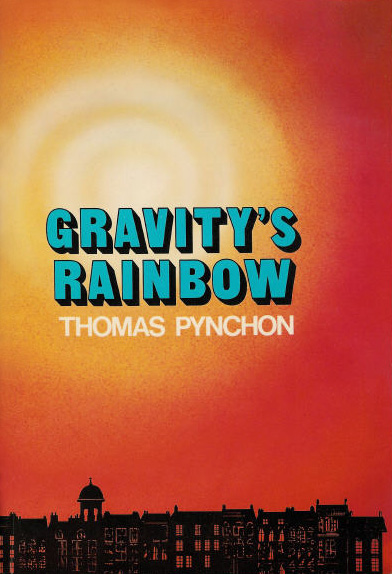
Although not usually considered a writer of science fiction, Thomas Pynchon (born 1937) is best known for Gravity’s Rainbow (1973), which was nominated by the Science Fiction Writers of America for its Nebula Award. His life story is told almost exclusively through professional milestones—novels and awards, such as the MacArthur “Genius Award” he earned in 1988. Much is made of his time as an undergraduate at Cornell because so little is known of his life thereafter. Only Pynchon’s closest friends and associates have any knowledge of his personal life after his graduation from Cornell; indeed, the last reliable photograph of Pynchon was taken in 1957. Pynchon came to Cornell to study engineering, but left after one year to join the Naval Reserve. He returned in 1957, studied English (allegedly including classes with Vladimir Nabokov), and served on the editorial board of the Cornell Writer, where he published his first story, “Small Rain.” There, he met Richard Fariña, who introduced him to Beat culture and to whom Pynchon dedicated Gravity’s Rainbow. While a Cornell student, Pynchon co-wrote (with Kirkpatrick Sale) Minstral Island, a dystopian science fiction musical.
Gravity’s Rainbow is an ambitious journey, filled with countless arcane references and speculations, and told from the rigorously self-reflexive perspective of its narrator protagonist, Tyrone Slothrop, an American soldier. Set during the latter days of World War II, the meandering plot centers on Slothrop’s search for the truth behind V-2, an alleged Nazi rocket that can break Earth’s gravitational barrier and takes the poetic “rainbow” arc on its path of destruction. His epic quest over the course of 760 pages takes him into numerous uncharted territories—geographical, political, and metaphysical. Its focus on a society dictated by alarming technology and science situates Gravity’s Rainbow within the scope of science fiction. In 1974, Pynchon’s Gravity’s Rainbow received the National Book Award.